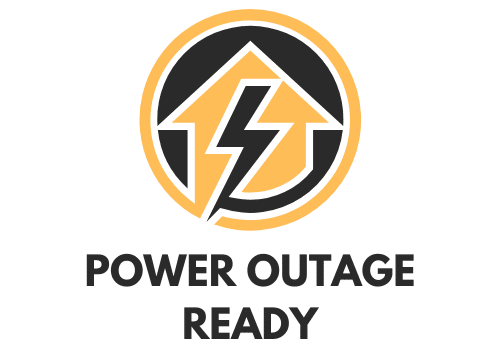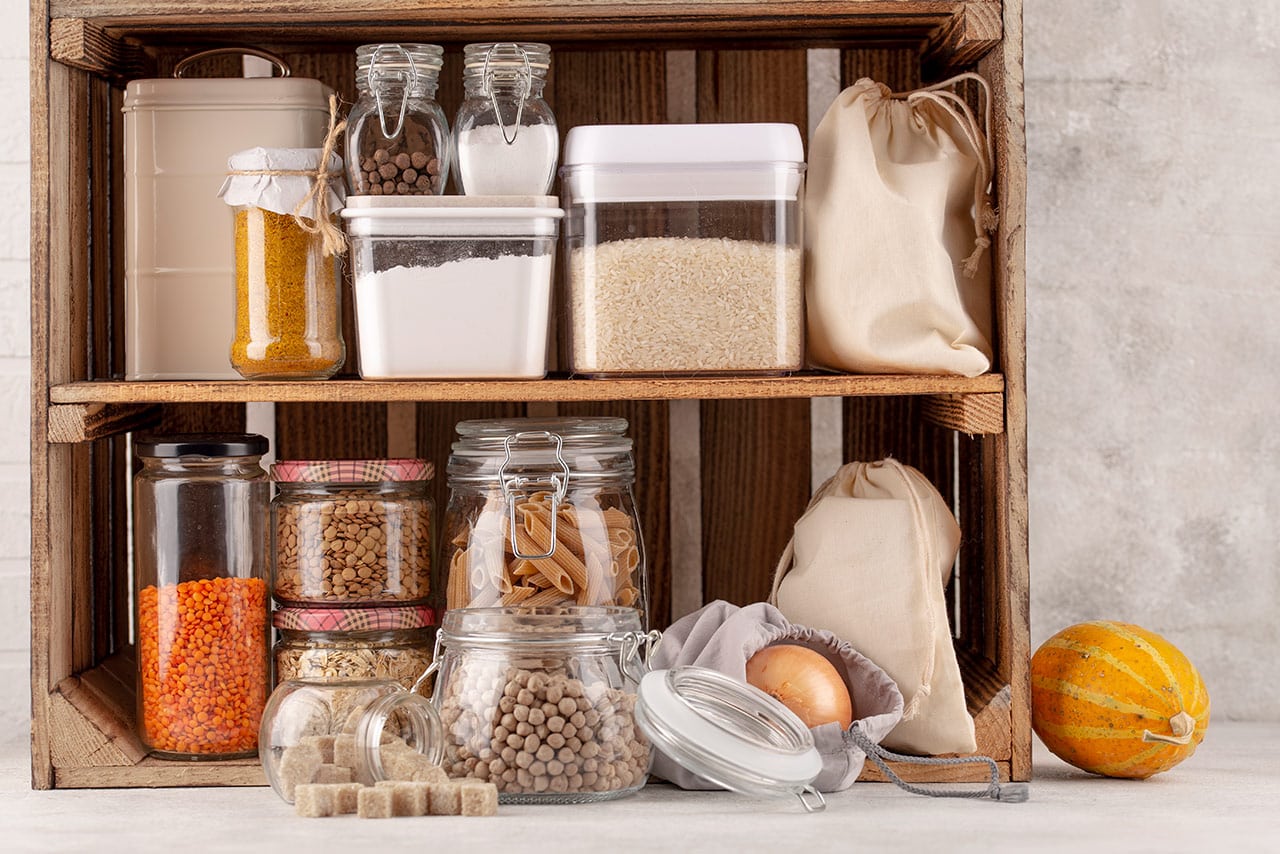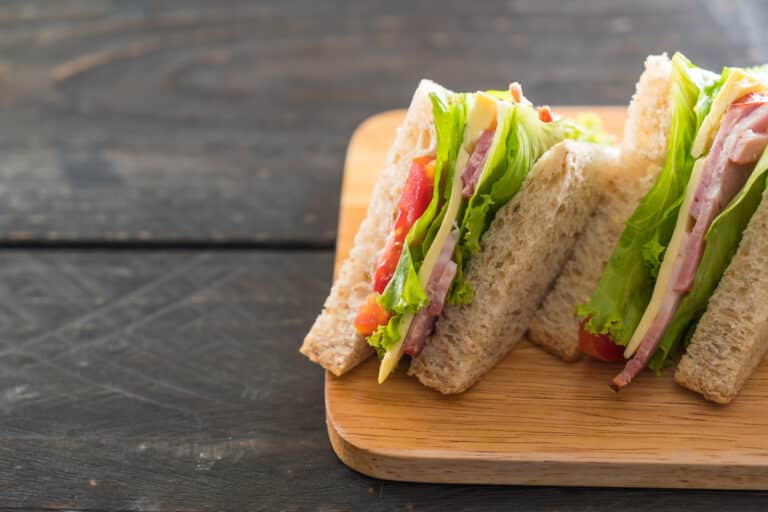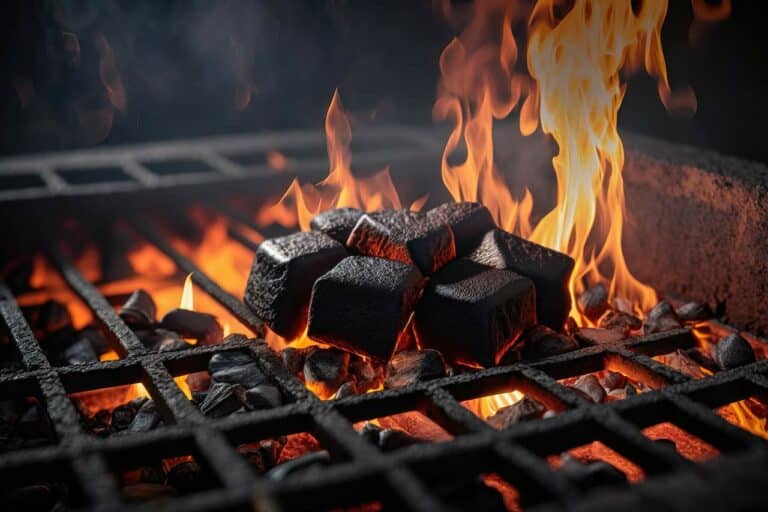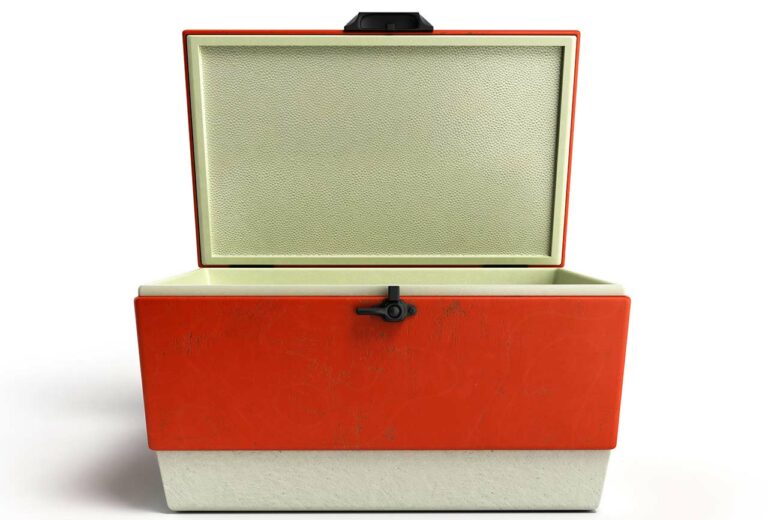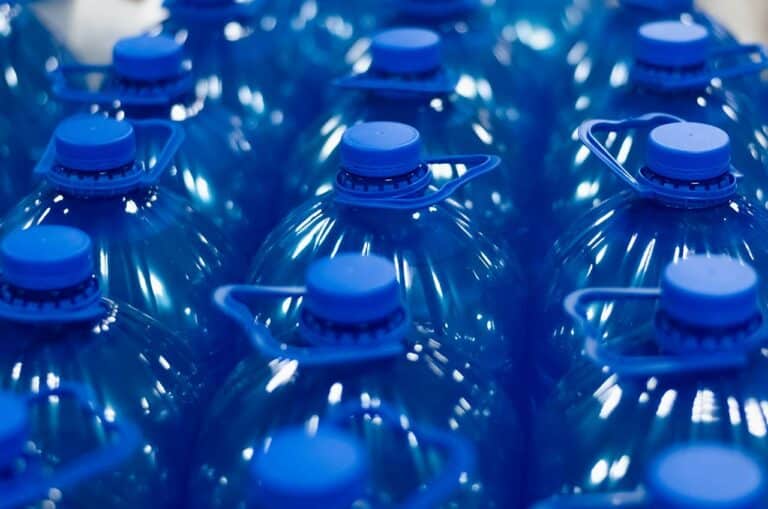Emergency Food Checklist For Short-Term Power Outages: Essential Items To Stock Up
Power outages can strike without warning, and they’re usually a minor inconvenience. But sometimes, they can last for hours or even days, turning a typical daily routine upside down. One of the major concerns during a short-term power outage is maintaining a safe and sufficient food supply for yourself and your family. It’s essential to know what to keep on hand and how to properly store food during these temporary challenges.
With a bit of planning and forethought, you can create an emergency food checklist tailored to your needs, so you’re prepared in the event of a short-term power outage. This article will guide you through the process of stocking up on non-perishable items, understanding what’s safe to consume, and the importance of rotating your emergency food stash. Being aware of these key aspects of keeping a food supply will help ensure that you and your loved ones have enough safe and healthy food options during any power outage situation.
Essentials To Stock Up On
Serious prepping often gets the headlines, but being prepared isn’t about hoarding an apocalypse-worthy stash; it’s about having essential, non-perishable items that can sustain you and your loved ones for a few days without power. Because when the lights go off, the last thing you want to stress about is your next meal.
When it comes to storing food for an emergency, simplicity really is key. You’re not trying to be a gourmet here, just to keep things going (and somewhat healthy) until the power comes back on. These are the must-have items for your emergency food checklist that will ensure you are (somewhat) well-fed and worry-free during those unexpected power hitches.
- Water: Minimum of one gallon per person per day for drinking and sanitation.
- Ready-to-Eat Canned Goods: Tuna, chicken, beans, fruits, and vegetables. Don’t forget a manual can opener.
- Nut Butters: Peanut or almond butter can be a great protein source and require no refrigeration.
- Protein Bars & Granola Bars: Compact, nutritious, and they typically have long shelf lives.
- Dry Cereal or Oatmeal: No cooking needed for many cereals. For oatmeal, even cold water will sink in over time.
- Crackers: Great for pairing with canned goods or nut butters.
- Dried Fruits & Nuts: These provide a quick energy boost, and nuts provide much needed protein.
- Powdered Milk: Just mix with water, and you’ve got a calcium-rich beverage.
- Instant Coffee & Tea: For those who can’t miss their morning caffeine, even during a blackout.
- Baby Food: If you have infants, ensure you have a stash of baby food and formula.
- Pet Food: Your furry friends need to eat too, so don’t forget about them.
- Candies or Chocolates: Not just for comfort, but also as a quick pick-me-up energy source.
- Honey or Syrups: These can be great flavor enhancers.
- Salt, Pepper & Basic Seasonings: Just because it’s emergency food doesn’t mean it has to be bland.
- Multivitamins: To ensure you’re getting essential nutrients when you can’t eat as normal.
Remember, while these are staples for short-term outages, personalizing this checklist according to your dietary needs and preferences is crucial. Just be sure to rotate your supplies every six months to a year to keep them fresh and safe for consumption. It helps to organize them by expiration date to make it easy to keep up with replacements.
Preventing Food Spoilage
Storing Perishable Foods
When it comes to short-term power outages, you need to store perishable foods properly to prevent spoilage. Make sure your refrigerator is set below 40°F, and your freezer is at 0°F or below. Keep your perishable foods like meat, poultry, fish, eggs, and leftovers in the fridge or freezer, and close the door as much as possible.
Keeping Foods Cold
To maintain the cold temperature, you can freeze containers of water, gel packs, or use dry ice or block ice in advance. When there is a power outage, place these in your refrigerator or freezer to help keep your food cold. Remember your refrigerator will keep food safe for up to 4 hours during a power outage if the door is closed as much as possible. But it’s also a good idea to eat the perishables in your refrigerator first (before your more shelf-stable food supplies) as you get closer to that four-hour mark.
Proper Packaging
To ensure the safety of your perishable foods during a power outage, pack them in waterproof containers. This will help avoid cross-contamination from floodwater or other sources. Proper packaging also helps maintain the freshness and quality of the food.
Checking for Spoilage
After the power outage, inspect your perishable foods for signs of spoilage. Discard any food that has an unusual odor, texture, or appearance. Bacteria can grow rapidly in food that has not been stored at the proper temperature, so when in doubt, throw it out.
Types of Safe Foods during Power Outages
Non-Perishable Foods
When it comes to food safety during short-term power outages, non-perishables are your best friends. This includes canned foods like canned meats, fruits, and vegetables, dried fruits, nuts, granola bars, and condiments like peanut butter, jelly, and mustard, which won’t spoil quickly.
Grains
Grains such as bread, muffins, and tortillas with decent shelf lives are good choices for short-term outages. Longer-lasting grains, like oats and cereals, are better for longer term outages.
Choosing Suitable Meats and Dairy
For meats and dairy, look for products that won’t spoil as fast as others. Hard cheeses, processed cheeses, butter, and margarine can withstand short power outages better than milk, soft cheeses, and cream. Canned meats, like tuna and chicken, can be good options during power outages as well.
Preservation of Fruits and Vegetables
For fruits and vegetables, cut fruits should be consumed quickly during a power outage. Stick to whole fruits and refrigerated vegetables that can maintain their freshness longer. During a power outage, keep your refrigerated items like fruits and vegetables together in the fridge to maintain a colder temperature.
Fruits like apples, bananas, and melons, which can last a good long time out of the fridge, are good options to always keep on hand. These can give you fresh food for several days of a blackout.
Food Safety for Baby
Food safety is especially important for infants. Keep a sufficient supply of ready-to-use formula on hand, as it doesn’t require refrigeration. If you’re using powdered baby formula, use bottled water to mix with it during a power outage.
Prioritizing Nourishment During Power Outages
Safety and sustenance are core to human survival, and during unexpected blackouts, our capacity to ensure both can be put to the test. Despite our modern reliance on electricity, a little forethought can ensure our plates remain full, even when our homes are plunged into darkness. Having an emergency food checklist is not just a proactive measure—it’s a necessity. In our interconnected world, the value of individual preparedness can’t be overstated. Ensuring you have a sufficient and safe food supply during these moments transcends mere convenience—it safeguards the well-being of you and your loved ones.
